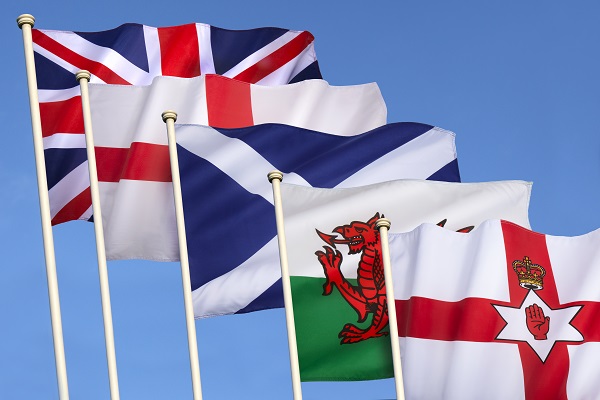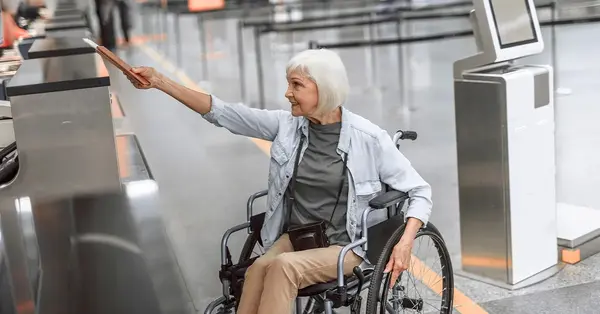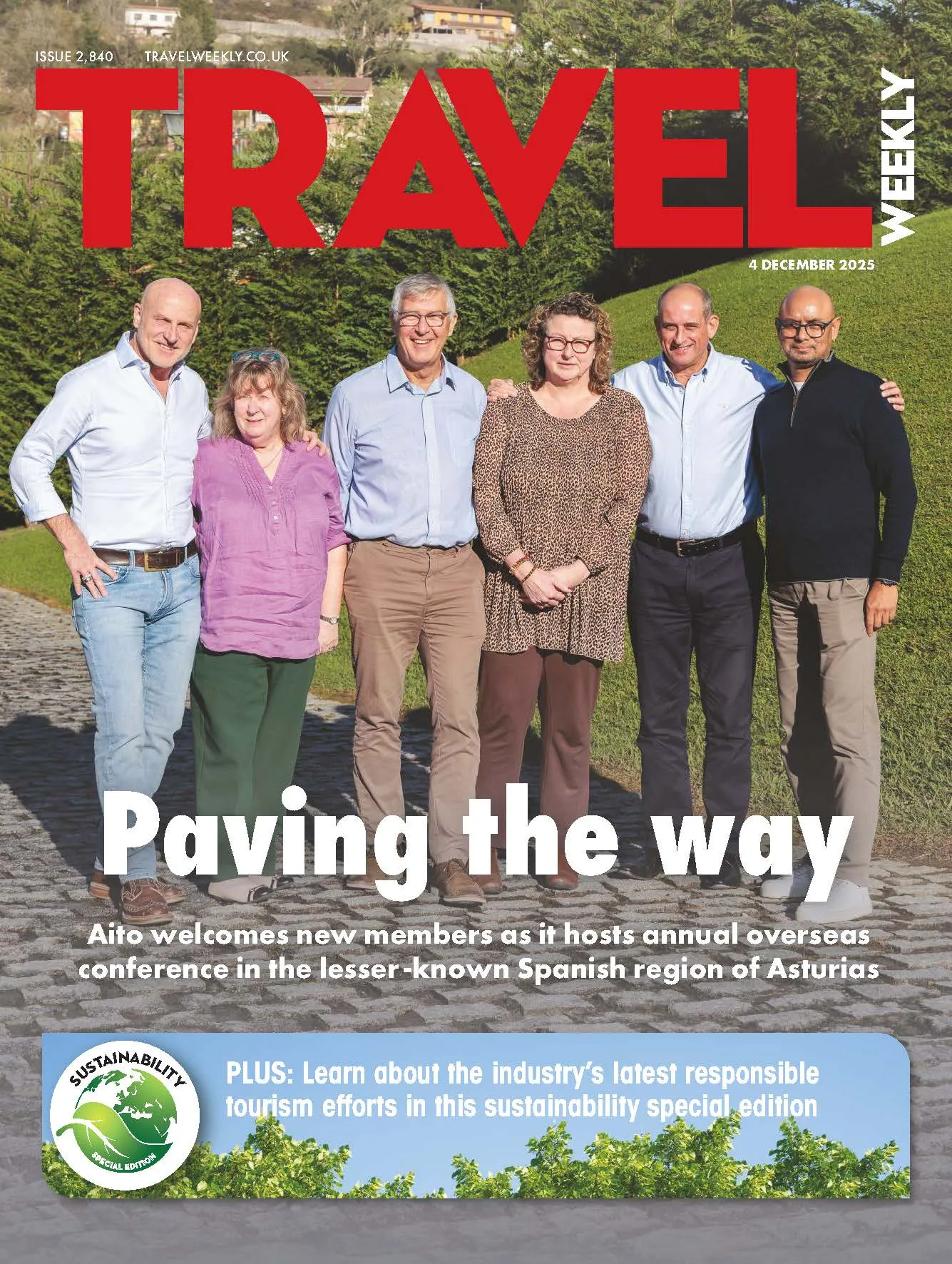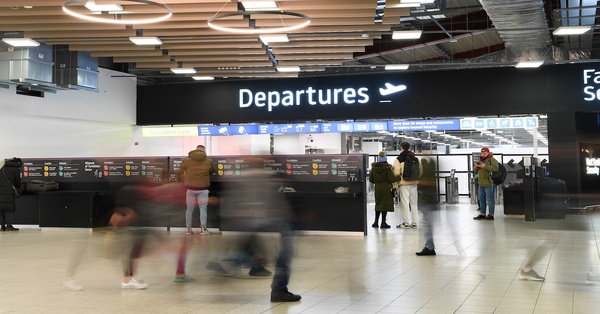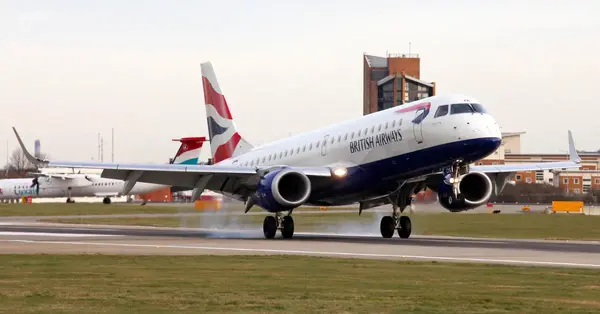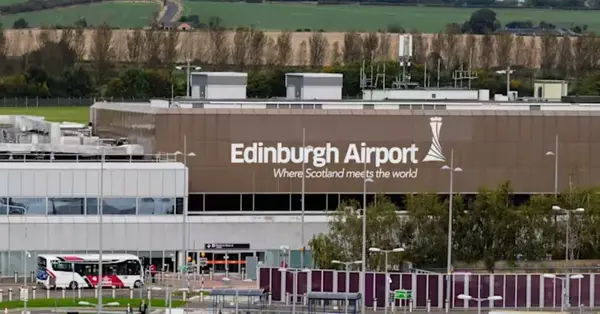You are viewing 1 of your 2 free articles
Scottish and Welsh leaders want return of day 8 tests for travel
The first ministers of Scotland and Wales have called on the UK government to further tighten restrictions on international travel, with the reintroduction of tests on day eight after arrival.
Nicola Sturgeon and Mark Drakeford have written to prime minister Boris Johnson to ask for the tests in addition to the PCR tests that will become mandatory for all arrivals from 4am Tuesday.
They say an emergency Cobra meeting must be held to promote a ‘four nations’ approach to the Omicron variant.
Six cases of the new variant have been identified in Scotland today, in addition to the three already found in England.
Johnson announced the PCR testing measures, with all arrivals self-isolating until they receive a negative result, on Saturday – and the Department of Transport later followed up to say this will be implemented from 4am on November 30.
But Sturgeon and Drakeford want a second confirmatory test on day eight, which could mean isolation for all arrivals of eight to 10 days depending on when they receive their results.
Day eight tests have not been required for double vaccinated arrivals returning from non-red list countries since July 19.
In a press conference today, Sturgeon said reimposing the secondary day eight tests would be “sensible” and “on a precautionary basis”.
Her calls were backed by the TSSA union for transport and travel workers.
General secretary Manuel Cortes said: “If 2020 taught us anything it is that when Johnson chickens out of taking tough action quickly on Coronavirus, we all suffer.
“I’m glad to see Nicola Sturgeon and Mark Drakeford take the decision now to isolate travellers from overseas for eight days in order to identify people with the Omicron variant before it can further spread into the community.
“Now they need to follow it up with a funding package for travel trade businesses which are only just starting to return to ‘business as usual’.
“There’s much we still don’t know about the Omicron variant, but we do know how to reduce transmission. That’s why we need a return to homeworking where possible across the UK along with much greater vigilance on face coverings, hygiene and social distancing.
“Johnson’s big announcement was a return to mask wearing in shops and public transport, but a one-line policy isn’t enough. We need details and plans for enforcement. Sound-bites won’t beat coronavirus.”
However, Scottish Passenger Agents’ Association warned against day eight tests.
President Joanne Dooey said: “The Omicron variant is already here in Scotland and it has been established that most of those who have this variant did not travel, picking it up via community transmission.
“Travel bans or eight-day self-isolation periods does not stop it, so it’s hard to see how these measures, if implemented now, will have an impact. It seems that the UK government has reached the same conclusion.
“The rapid reintroduction of six South African red list countries and mandatory quarantine in hotels is not good for customer confidence. However, the vast majority of destinations require only a negative PCR test and up to two-day period of self-isolation if negative. Many travellers will feel this is achievable for them if they want to, or need to, travel.
She added: “The Scottish travel sector lives in hope that our first minister won’t decide to introduce Scottish border controls which deviate from the four nations agreements.
“These changes show the complexity of organising travel in 2021 and why the advice and knowledge of a travel agent is vital for anyone considering any foreign travel.”
Foreign secretary Liz Truss signalled that the UK government is opposed to tightening travel restrictions beyond day two PCR tests.
In a press conference, she said: “We have taken very rapid action to first of all put countries on the red list where that is a risk, but also to take domestic precautions.
“We don’t yet have the full information about this new variant but it is right that we take those precautionary measures while we’re investigating further.
“And it is important to make sure that we keep travel routes open where possible, particularly to make sure that our economy remains strong at the same time as taking necessary action. We’ve got the balance right.”

